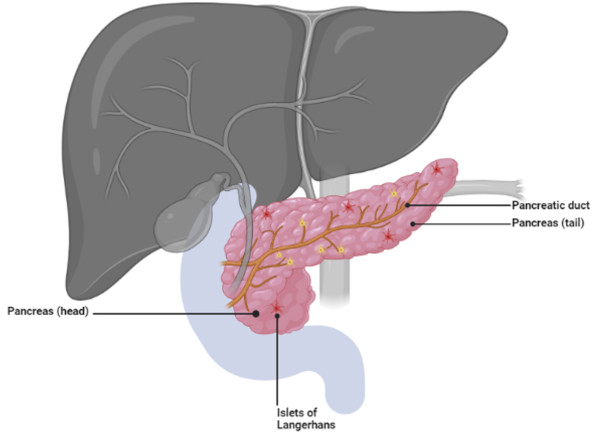Product description
Pancreatic Ductal Adenocarcinoma
Pancreatic ductal adenocarcinoma (PDAC) is a devastating disease with a very poor prognosis and an increasing incidence. It is the most common type of pancreatic cancer, representing more than 90% of all pancreatic malignancies.
Despite the great efforts from the scientific community to treat this disease, to this day PDAC is the fourth most frequent cause of cancer related deaths worldwide, with an overall 5-year survival of less than 8%. Late detection and a particularly aggressive biology are the main challenges that determine therapeutic failure.


Neoantigen Vaccines
In the recent years, immunotherapy has proven to be one of the most powerful strategies against cancer. It targets and eliminates cancer cells using the body's immune system and generally results in a long lasting anti-tumor response and effective regression of the cancer, while preventing metastasis and recurrence.
Unlike conventional treatments such as chemotherapy or radiotherapy, immunotherapy does not lead to the generalized side effects most commonly associated with the disease.
Unfortunately, there is still a long way to go for these treatments to be effective and accessible to all patients who need them. Some other emerging personalized treatments are associated with disadvantages such as a long production time, possible serious adverse effects, and highly restrictive production costs.
Personalized peptide vaccines can provide a breakthrough in this area, bridging the gap between a theoretically exemplary therapeutic approach and a tailored, rapid, safe and more affordable clinical practice.
Personalized cancer vaccines strengthen the body's natural defenses against cancer. The rationale behind such vaccines is that cancer cells contain substances called tumor-specific antigens; these types of antigens are not present on normal cells or, if they are present, they are in low concentrations. Treatment vaccines support the immune system learn to recognize and react to these neoantigens and consequently destroy the cancer cells.
Product information
Personalized vaccines consist of a selection of neoantigens shown to stimulate the patient's immune system, with the addition of a safe and competent adjuvant. The so-called neoantigens are synthesized in a new, specifically designed laboratory at Erasmus MC.
